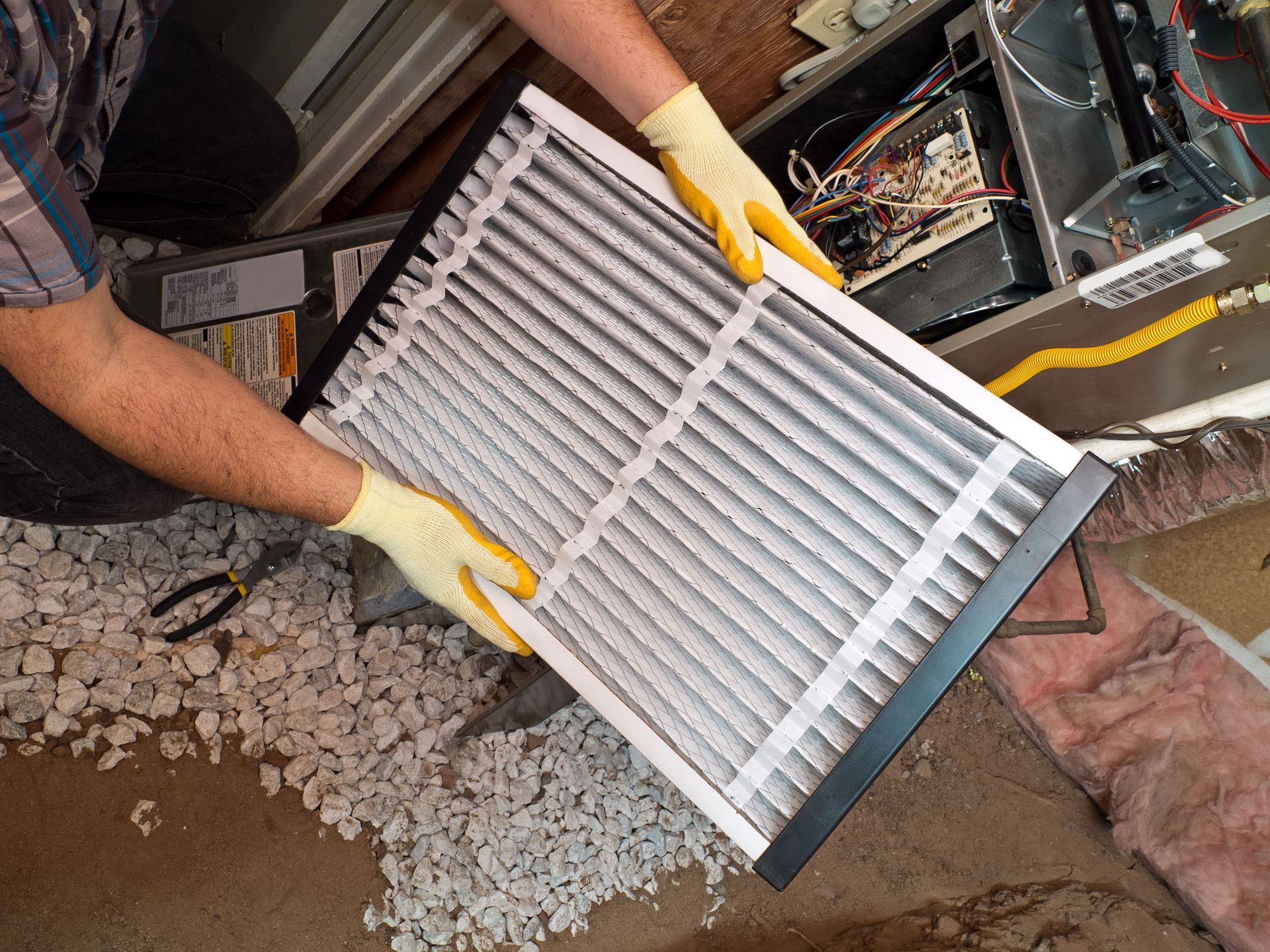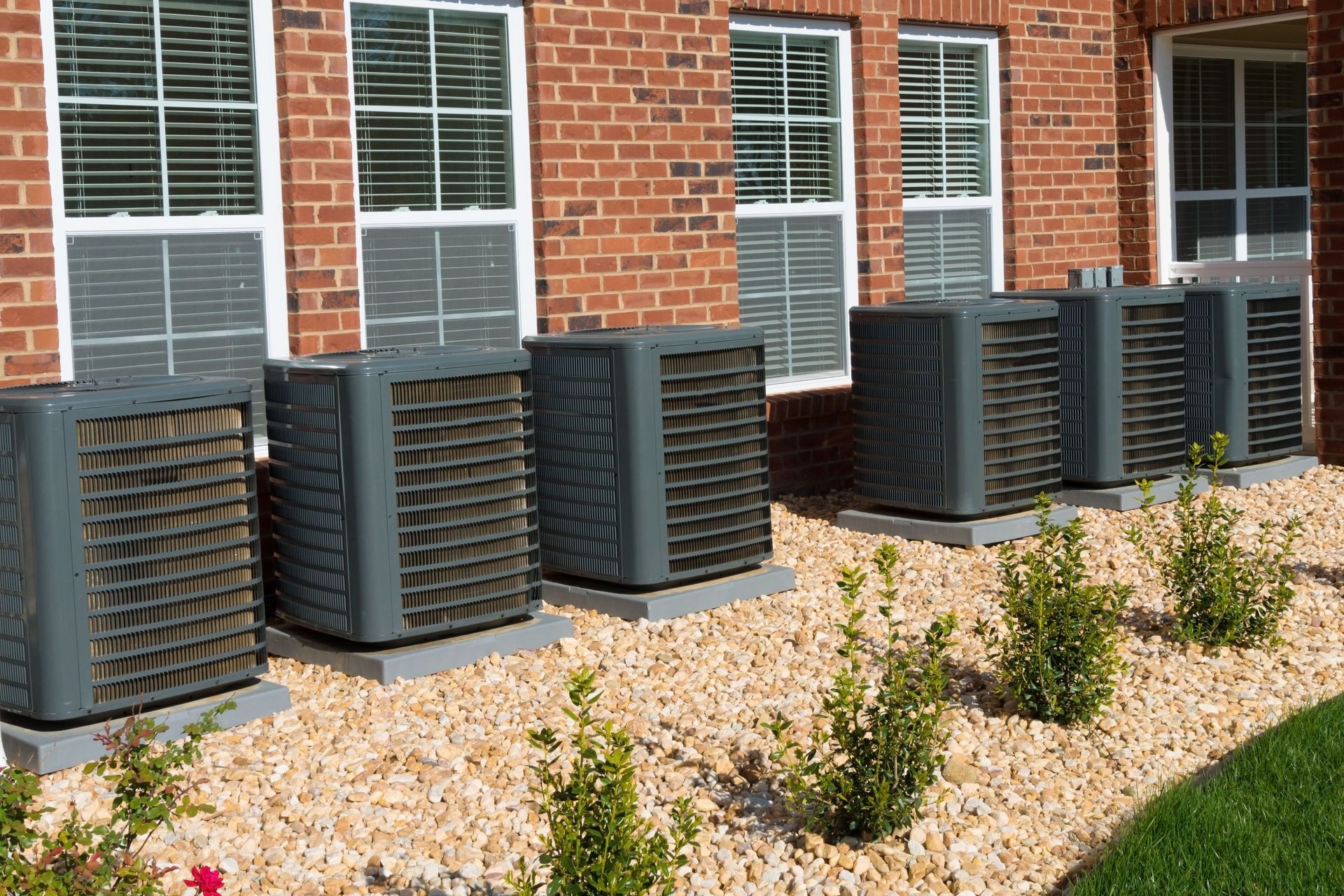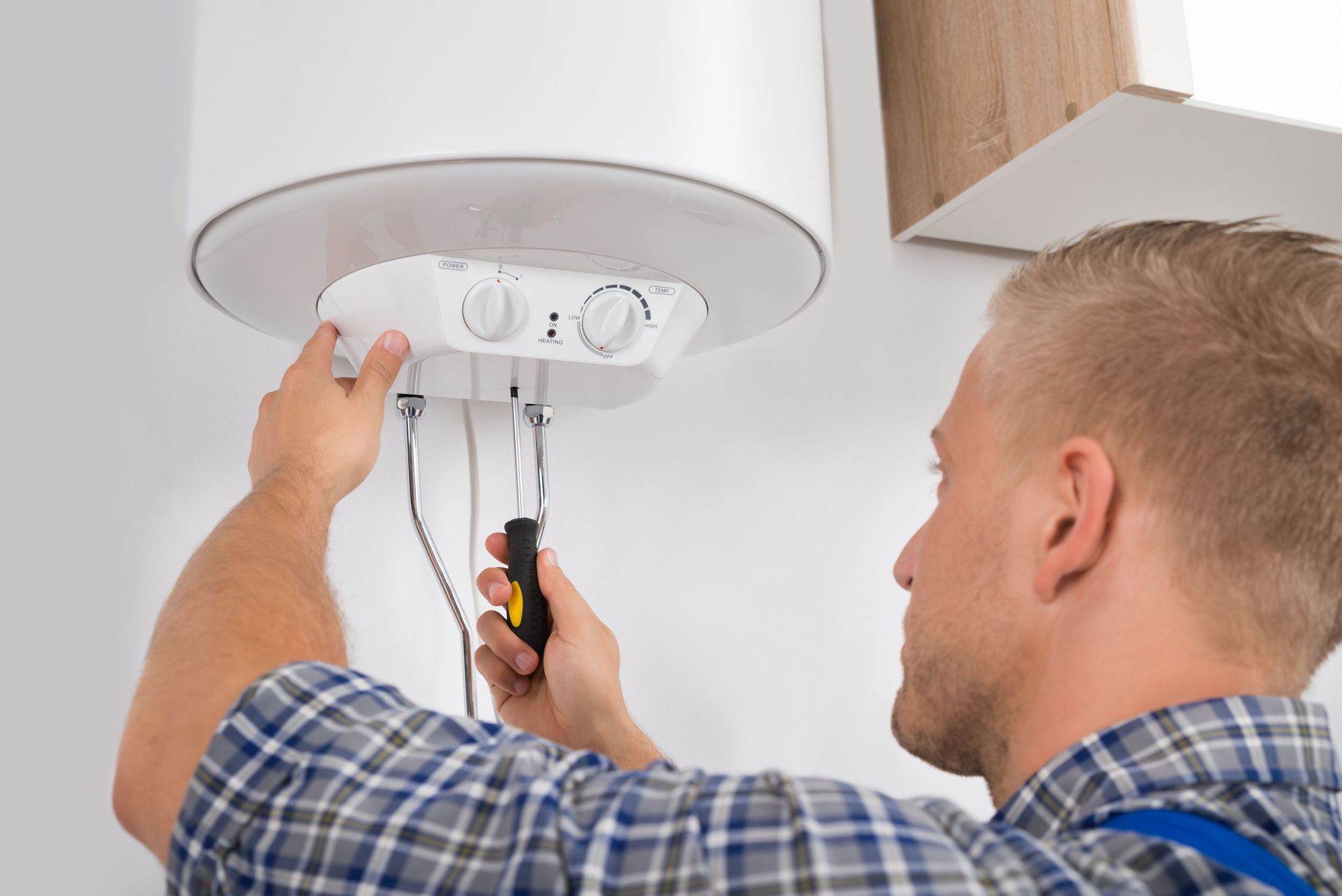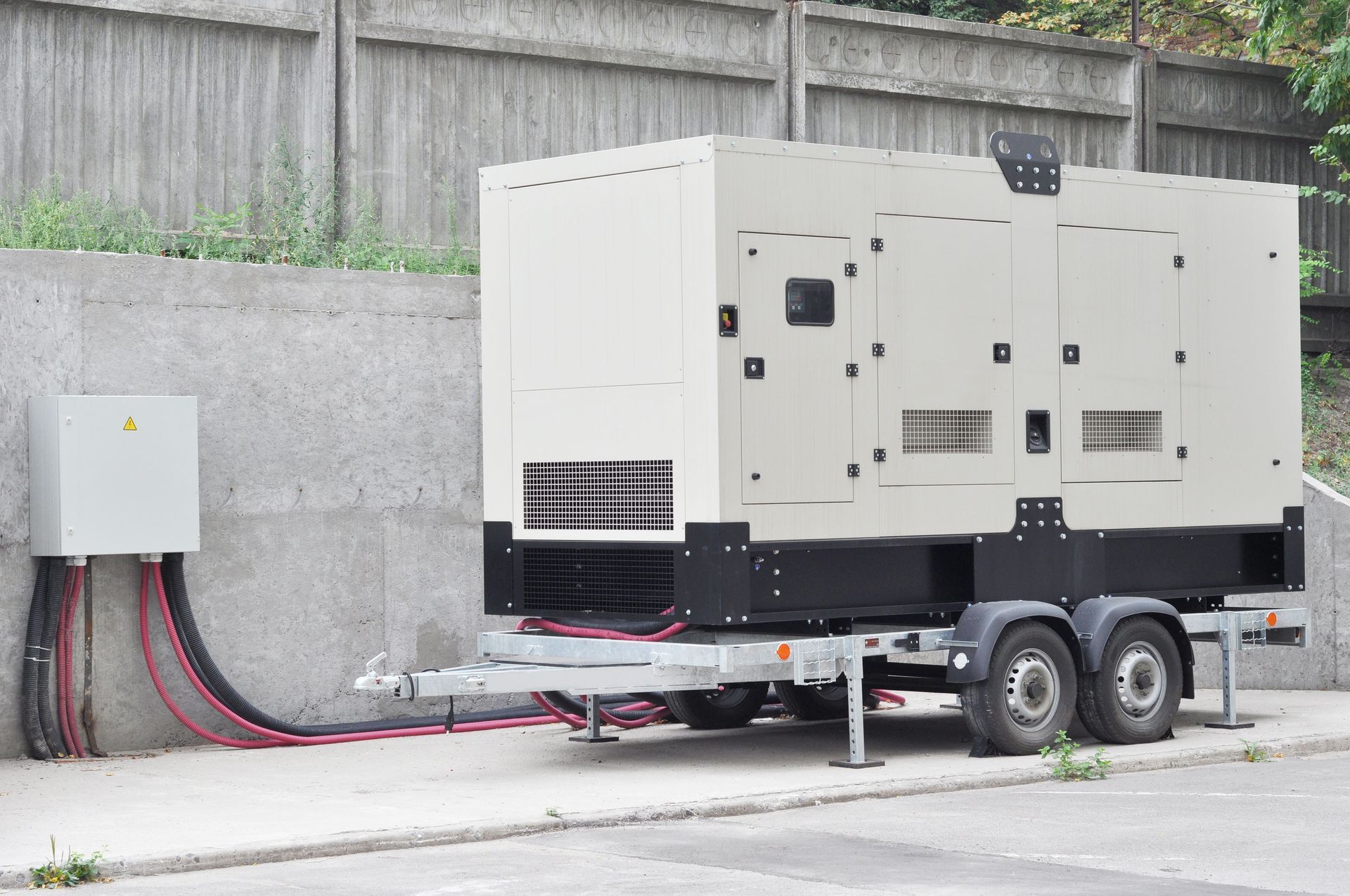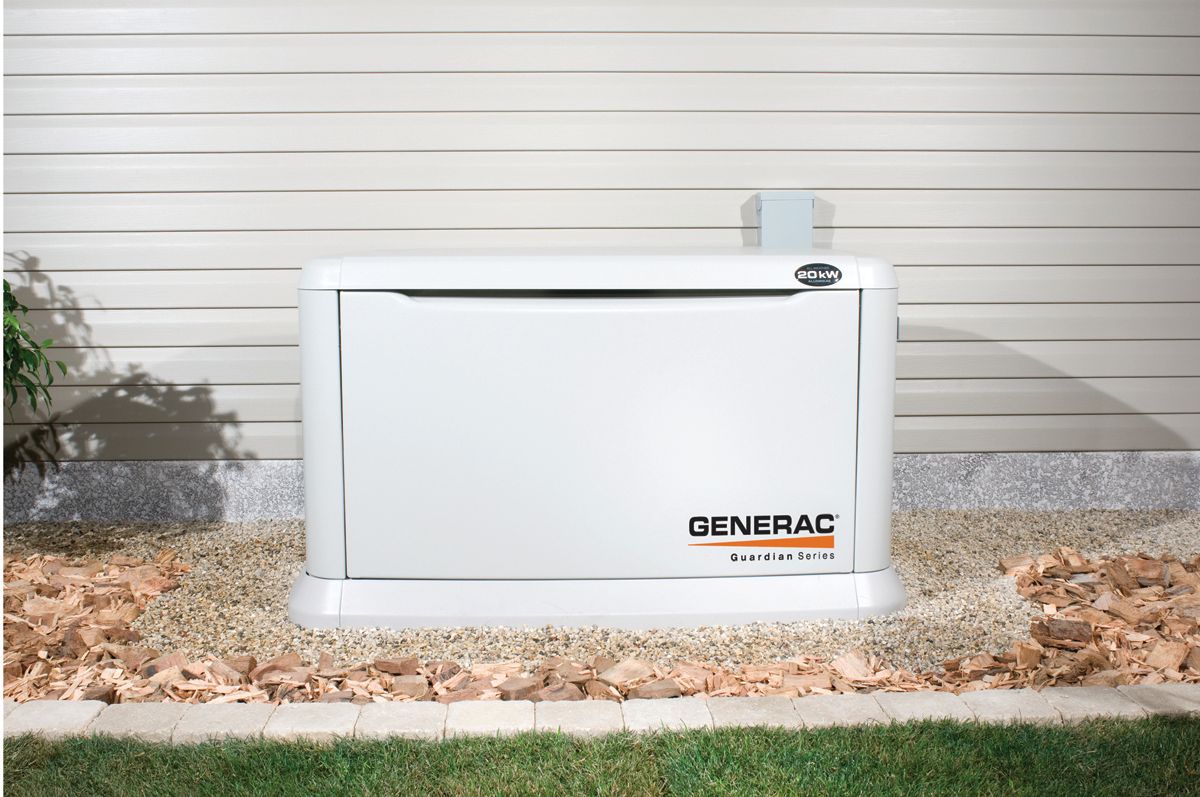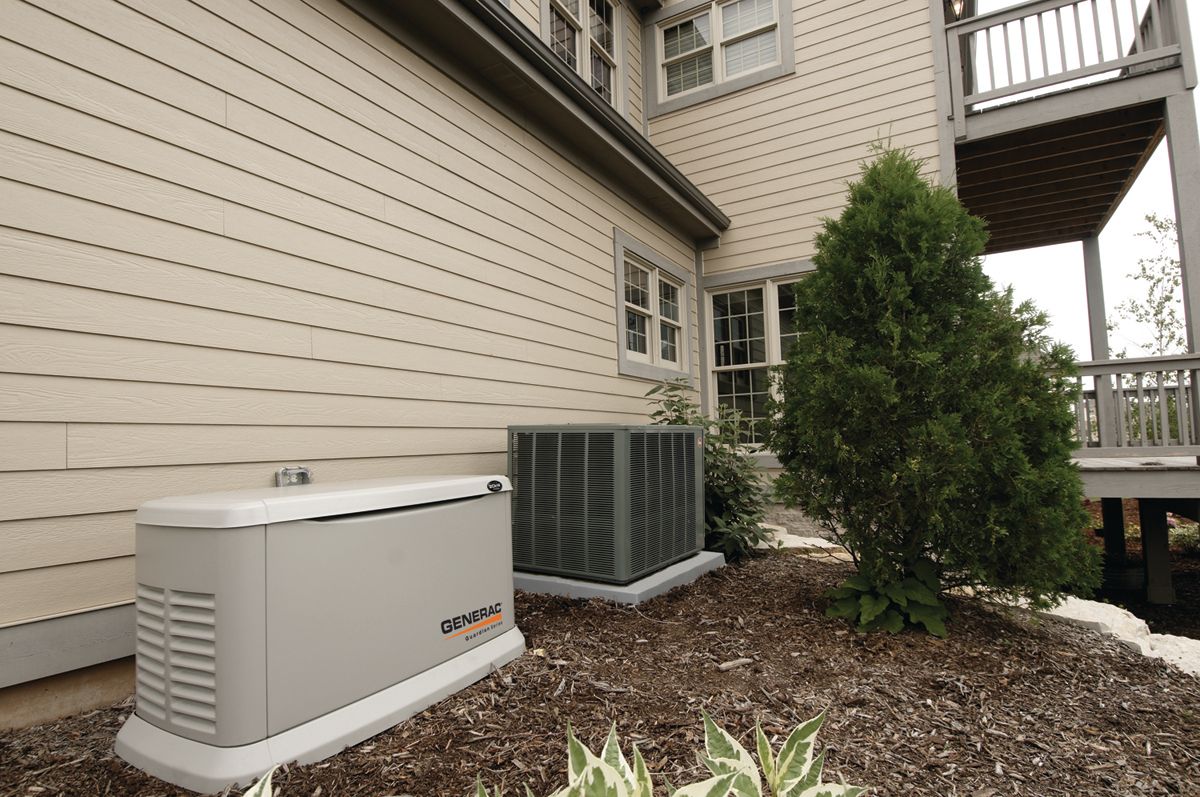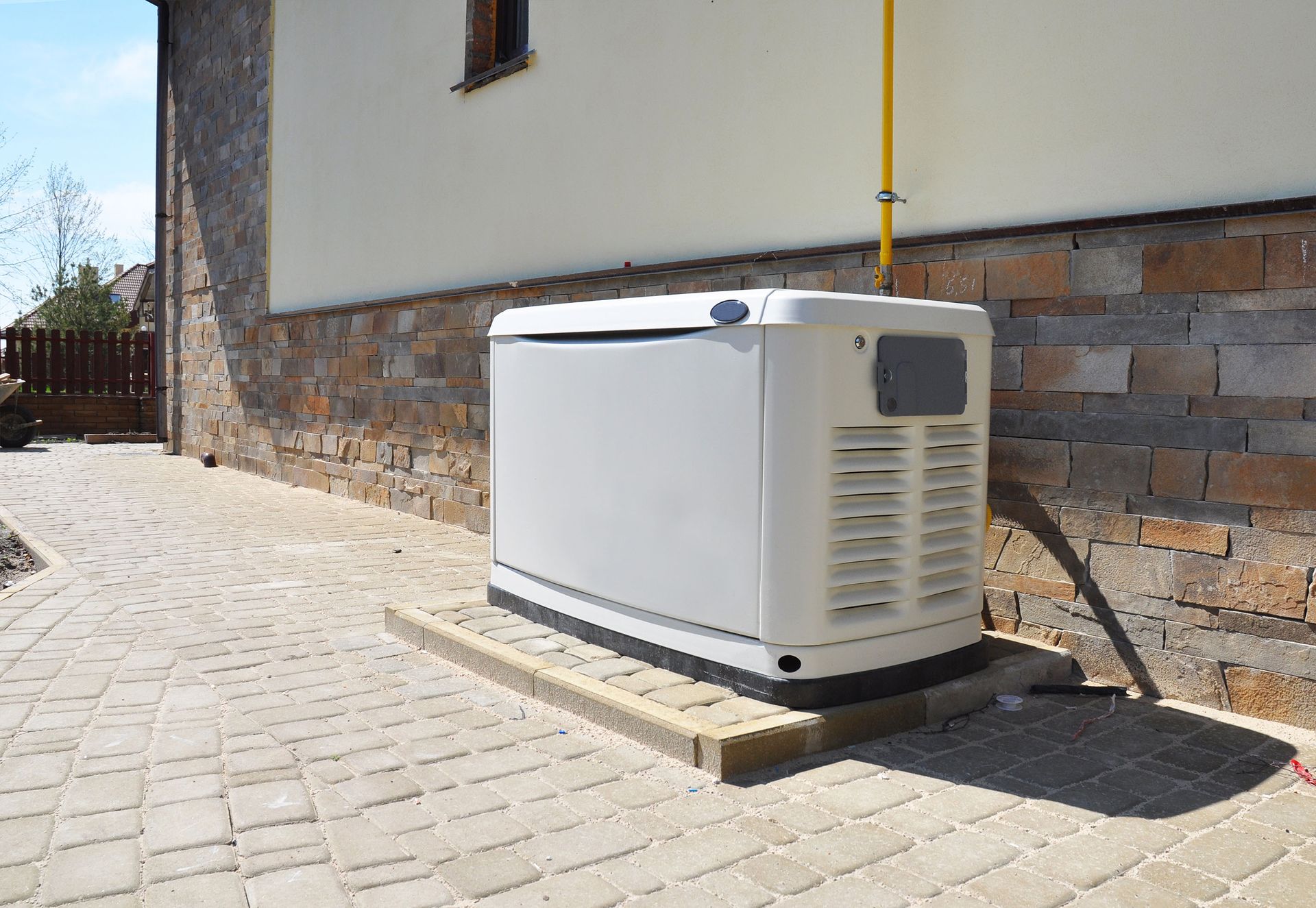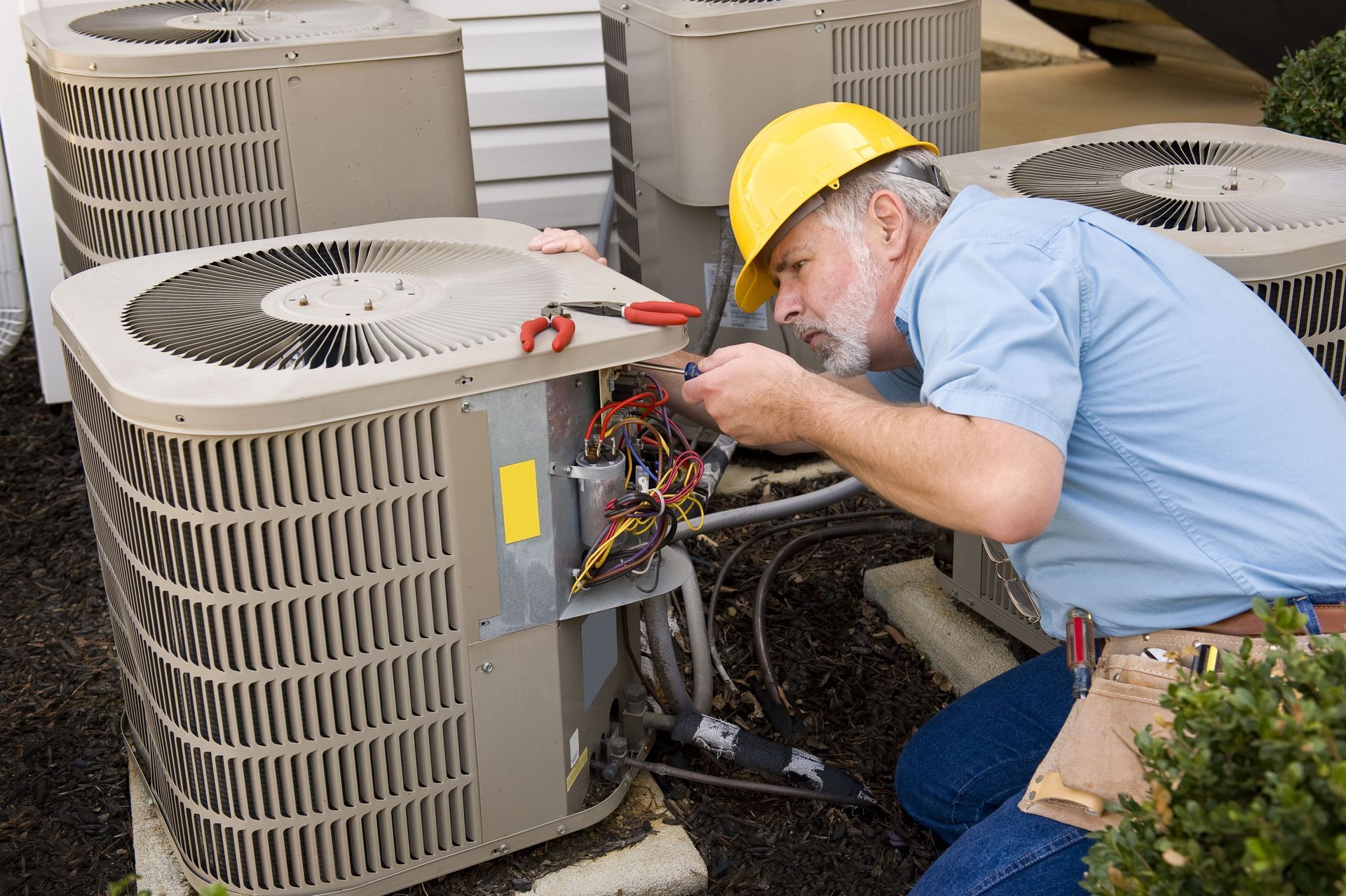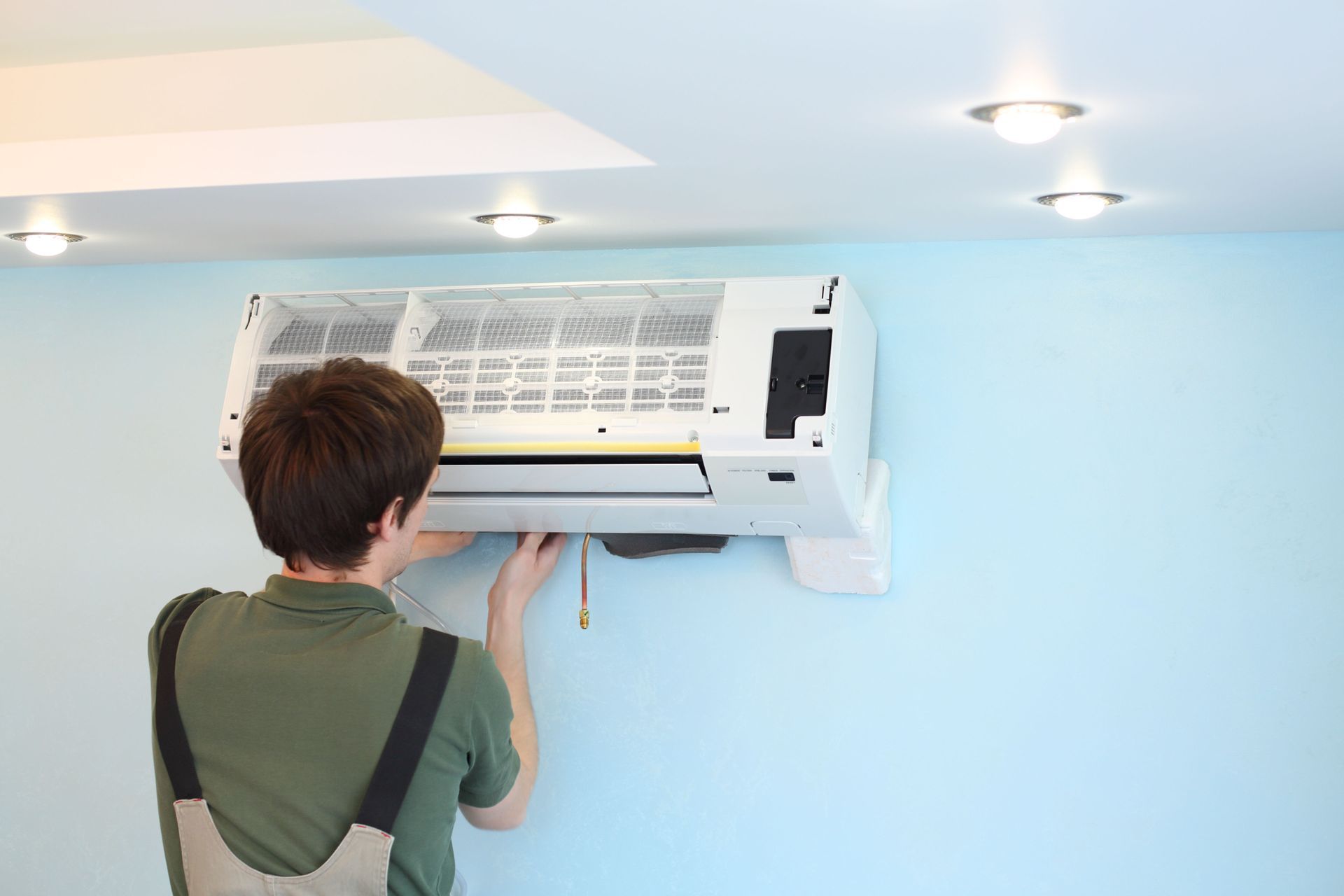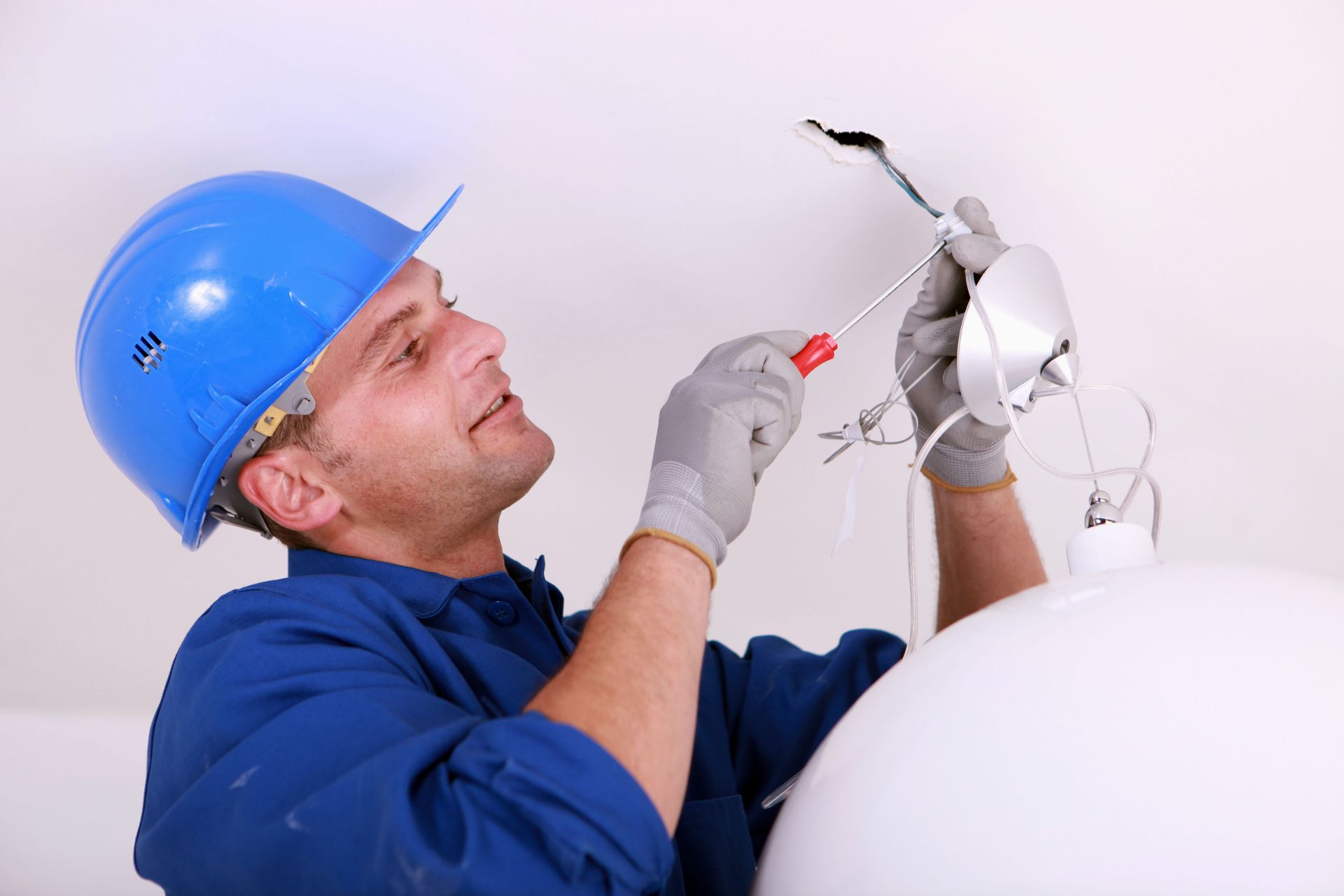Your Guide to Having a New Water Heater in Your Home
If your old, faulty water heater has seen better days, it may be time to invest in a new one. Installing a water heater improves your home's comfort and convenience, but with so many types, brands, sizes, and fuel sources, choosing the right replacement can feel overwhelming. Use this guide to make the process of getting a new water heater for your home smooth and stress-free.
Determine Fuel Type
First, decide which fuel type makes sense for your home and budget. The most common water heaters are electric, natural gas, propane, oil, or tankless/on-demand water heaters. Electric units are affordable and simple to maintain while gas water heaters heat water more quickly but require existing gas lines.
Tankless heaters provide hot water endlessly but have a higher upfront cost. Also, consider less common fuel types like solar water heating systems. Determine availability, efficiency, operating costs, and other factors to select the ideal fuel type for your specific needs.
Calculate the Right Tank Size
Water heater tanks come in sizes from 15 to 100 or more gallons, based on our experience. Use the Department of Energy’s online calculator to estimate the right capacity for your household. Consider the number of residents, bathrooms, laundry needs, and peak usage times. A tank that’s too small will run out of hot water often while one too large wastes energy heating excess water. Get professional sizing advice to find the ideal tank capacity suited to your home and lifestyle.
Research Efficient Models
Today’s water heaters offer much higher efficiency than older models, allowing huge savings on energy costs. Look for ENERGY STAR-certified water heaters that meet strict standards for efficiency. According to This Old House, replacing heating and cooling equipment with higher efficiency equipment can reduce energy use by 50% for electric heating and cooling systems. Ask expert contractors which energy-efficient features and technologies each model offers to help make your decision easier.
Find Rebates and Incentives
Many utility companies and local governments offer rebates, tax credits, or other incentives for investing in an energy-efficient water heater. The savings can be quite sizeable, so be sure to research available rebates in your area before purchasing. Some even provide discounted or free water heater recycling for old units. Take advantage of these incentives to offset the purchase price.
Schedule Professional Installation
Proper installation is critical to ensure your new water heater works safely and efficiently. Hire professional plumbers for the job; don’t attempt a DIY installation unless you have experience with plumbing and water heaters, specifically. Make sure electrical, gas, and ventilation specs all comply with codes. Ask for references to verify the contractor’s expertise. A faulty installation can lead to disastrous leaks or other hazards.
Compare Warranties Carefully
Look closely at the warranties offered by different manufacturers and models. Better units often come with longer limited warranties on components. This protects against defects or premature parts failure. Longer, more comprehensive warranties provide greater peace of mind and lower repair costs. Don’t overlook this important consideration as warranties can save you a lot of money in the long term.
Maintain Your Investment
Once your new water heater is professionally installed, be diligent with regular maintenance. Flush the tank annually and inspect hoses, valves, pipes, and other components. Catching small problems early prevents major breakdowns, so creating a maintenance schedule also maximizes the lifespan of your investment.
Consider Adding Extras
Customize your new water heater for even greater convenience and functionality. Options like push button electronic ignition, digital temperature displays, and touchpad controls add high-tech appeal. Recirculating pump systems provide instant hot water without waiting and hybrid heat pump models help control indoor humidity levels. Look into all available options and choose the best for your situation.
Purchasing a properly sized and highly efficient water heater improves daily life at home. Taking time to understand different fuel types, capacities, incentives, warranties, and features ensures you select the optimal model. With a small upfront investment and proper maintenance, your new water heater will provide years of hot water for showers, dishes, and more.
Consult water heating experts to make the transition smooth when your old unit needs replacing. When you’re ready to replace your old water heater, let John H. Coleman Co install the new one. Call us now for an estimate and more information about water heaters.


